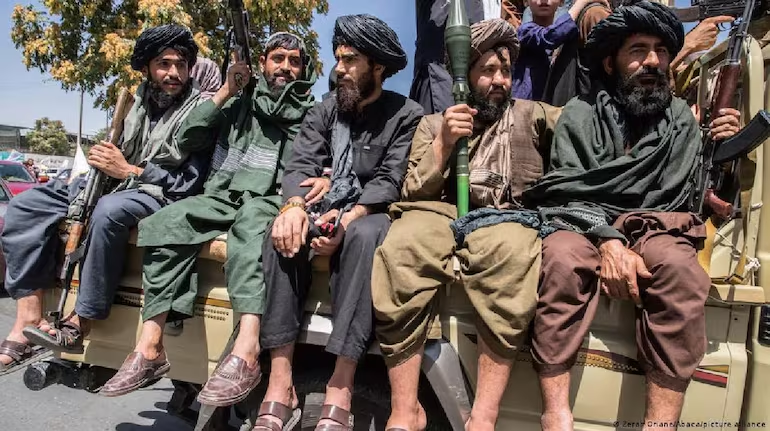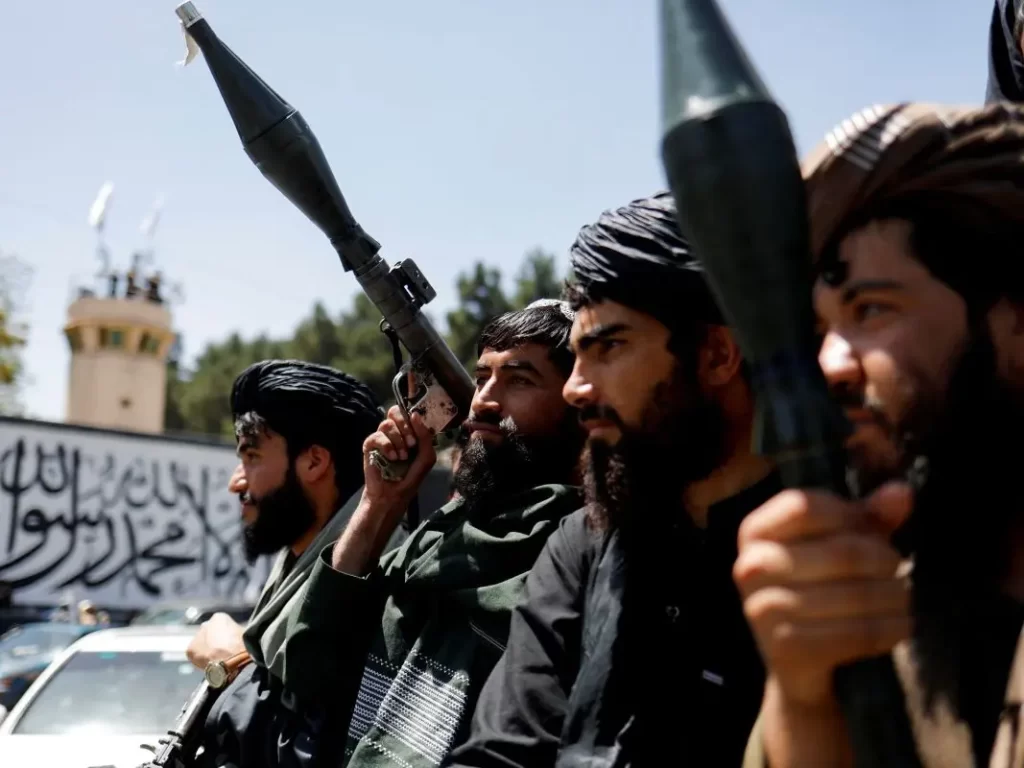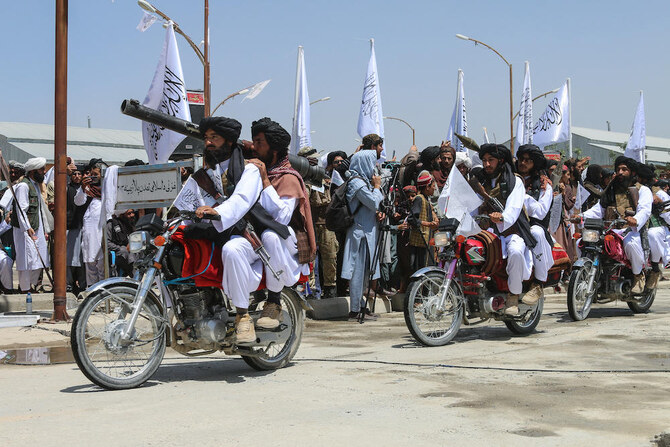KABUL, Afghanistan — The Taliban’s Ministry for the Prevention of Vice and Propagation of Virtue announced Tuesday that it has dismissed more than 280 members of the security forces for failing to grow beards, while detaining over 13,000 people for alleged “immoral acts” in Afghanistan over the past year.

Mohibullah Mokhlis, Director of Planning and Legislation at the ministry, provided these figures during a press conference detailing the ministry’s annual operations update.
According to Mokhlis, approximately half of those detained were released after 24 hours. The ministry did not provide a breakdown of the alleged offenses or the gender of the detainees.
In its efforts to enforce what it considers Islamic law and Afghan customs, the ministry reported the destruction of 21,328 musical instruments over the past year and the prevention of thousands of computer operators from selling “immoral and unethical” films in markets.
The morality ministry, which took over the premises of the disbanded women’s ministry in Kabul after the Taliban’s return to power in 2021, has faced criticism from human rights organizations and the United Nations for imposing restrictions on women and limiting freedom of expression.

The United Nations Assistance Mission in Afghanistan has reported instances of morality ministry officials stopping and detaining women, sometimes for hours, for not meeting their interpretation of Islamic dress. The Taliban has dismissed these allegations as “baseless,” insisting that their rules apply their interpretation of Islamic law and Afghan customs.
While the ministry did not provide specific figures related to the policing of women’s attire or their travel without a male guardian (which is now prohibited for longer distances), Mokhlis announced that a new plan is being developed to ensure compliance with Islamic dress rules. This plan will be overseen by the Taliban’s supreme spiritual leader, who is based in the southern city of Kandahar.
“Based on the guidance of the Supreme Leader, the draft plan for observing women’s hijab (Islamic dress) has been formulated and approved,” Mokhlis stated.
The ministry has previously declared that women should cover their faces or wear an all-enveloping burqa. They have indicated that enforcement would involve “encouragement,” with women’s male family members being targeted rather than women directly.
Prior to the Taliban takeover, most Afghan women in the conservative country covered their hair in public. However, some, especially in Kabul, did not typically cover their faces or wear a burqa.

The ministry also reported preventing just over 200 cases of the sale of women and more than 2,600 cases of violence against women. However, without further context or independent verification, it’s unclear how these figures compare to previous years or to incidents that may go unreported under the current regime.
These actions and policies continue to raise concerns among international observers and human rights organizations about the state of personal freedoms and women’s rights in Afghanistan under Taliban rule.
The group’s interpretation and enforcement of Islamic law have led to significant changes in Afghan society since their return to power, particularly affecting women’s access to education, employment, and public life.
As the Taliban government continues to implement its vision for Afghan society, the international community watches closely, with many countries and organizations calling for the protection of human rights and individual freedoms in the country.



